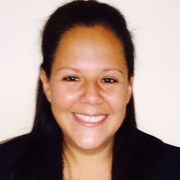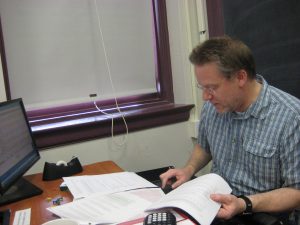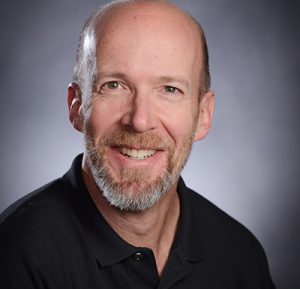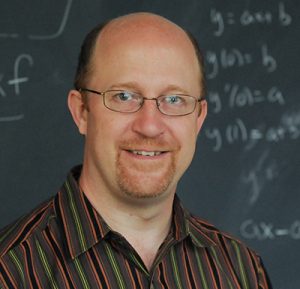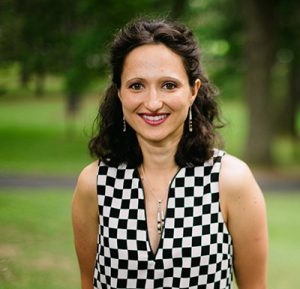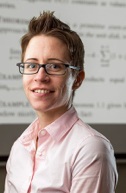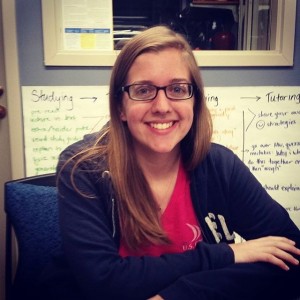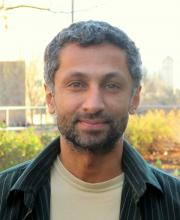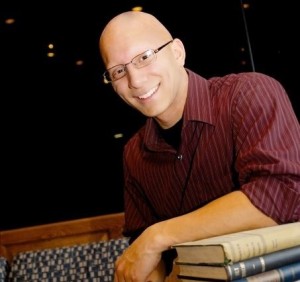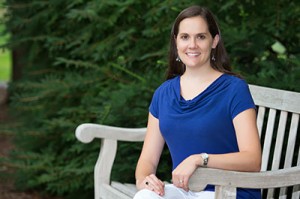Title: Investigating students’ engagement and motivation in Mathematics Class
Abstract: The National Council of Teachers of Mathematics’ Principles to Actions: Ensuring Mathematical Success for All requires that students be able to understand the material, justify responses, and determine when, how, and why a mathematical statement or rule should be used. In order to accomplish this, students need to be meaningfully motivated and engaged in learning the mathematics. Often times we characterize engagement along a continuum ranging from disengaged to highly engage. However, such characterizations may be misleading, and in some cases, counterproductive. During this session, we will explore some of the different ways in which students engage in mathematics learning, and how to support them in the process.
